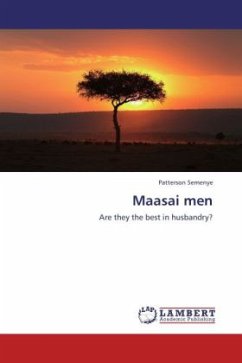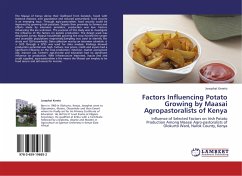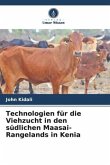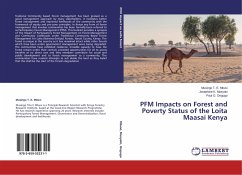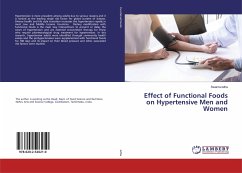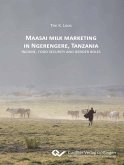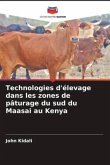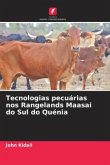For earthly possession cattle is all that matters to a Maasai. To find out whether the Maasai are the best husbandry men, out of a four-year research, some cattle production parameters, formed the basis of comparison and deductions. This is a technical exposition of the Maasai expertise in cattle production. Production parameters measured included, birth weight, growth rate, weaning and immature live weights, calving interval, lactation length and production, mortality rate, nutritional status of ingested forage, and grazing behaviour. The least squares means of calf weights at birth, 1, 2, 3, 4, 7, and 18 months were 19.2, 28.4, 35.2, 41.4, 47.5, 64.4 and 132.2 kg respectively. Milk offtake for human consumption was 940 g per day. In a grazing day the cattle spent 1, 8, 14, 15 and 62% of their time drinking, ruminating, resting, walking and grazing respectively. The most preferred grass species were Chloris roxburghiana, Pennisetum mezianum and Digitaria macroblephara. This study has shown the Maasai production system is more productive than pastoral systems in Ethiopia, Botswana and Mali.

